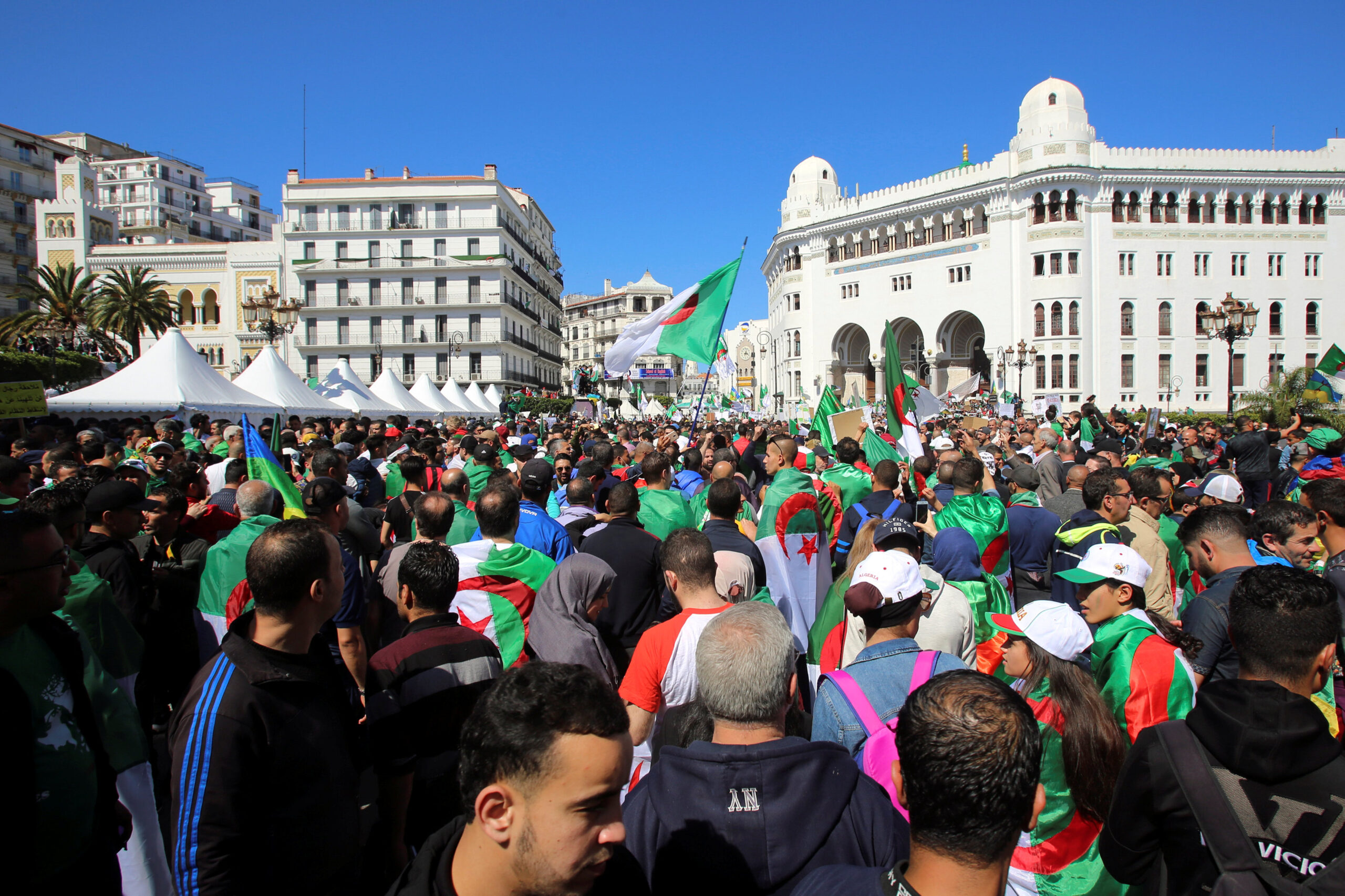
IMF cautions Algeria against political instability during political transition

The International Monetary Fund says Algeria must focus on avoiding economic instability during its political transition following the resignation of President Abdelaziz Bouteflika.
The IMF’s Middle East and Central Asia director, Jihad Azour, said Algeria should carry out reforms to help cut its deficit and reduce reliance on oil and gas.
Abdelaziz Bouteflika resigned on April 2 after months of civilian protests against his near two-decade rule. The demonstrations have continued with protesters demanding the departure of Prime Minister Nouredibe Bedoui and interim president Abdelkader Bensalah.
Azour says structural reforms will allow Algeria, which is a member of the Organisation of Petroleum Exporting Countries (OPEC) to diversify outside oil.
Azour adds that Algeria must use its strengths, which include a young population its geographical location and wealth, in different sectors.
Algeria’s Finance ministry says the economy grew 2.3 per cent in 2018 due to higher oil prices. This figure was an increase from 1.4 per cent the previous year but below a 4 per cent government forecast.
Algeria has been under financial pressure following a drop in global oil prices since mid-2014. It has struggled to diversify the economy away from crude oil and gas which account for about 60 per cent of its budget and 94 per cent of total exports.






